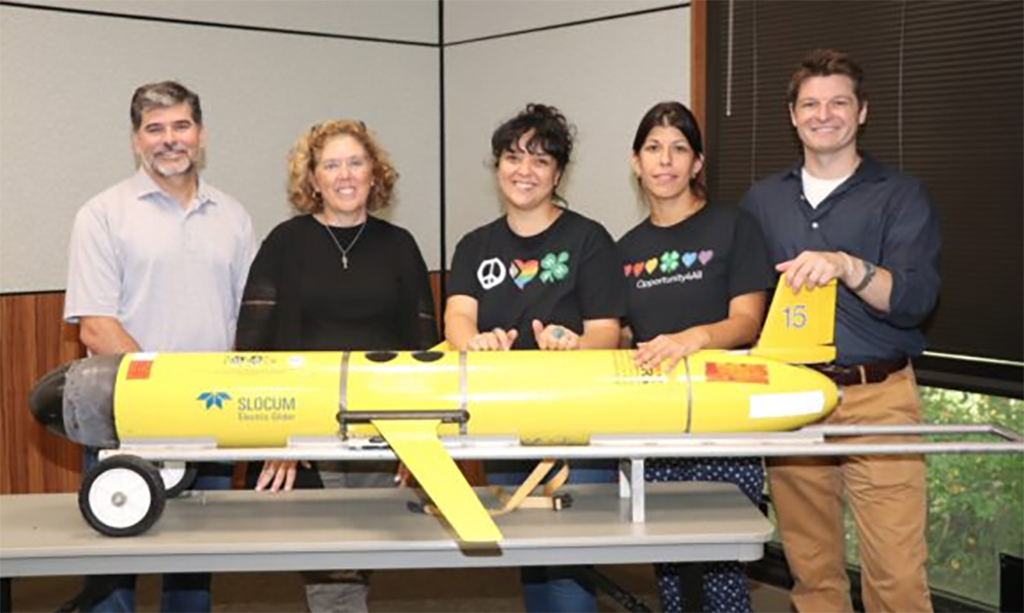15th annual youth-led initiative provides hands-on learning opportunities during 4-H STEM Month and throughout the year
October is 4-H STEM Month. Rutgers Cooperative Extension has teamed up with Cooperative Extension at Cornell University in New York to bring educators from across two states to the New York Aquarium for an immersive full-day professional development experience. They will be introduced to the 4-H Stem Challenge Explorers of the Deep through a hands-on activity demonstration of the Ocean Explorers Augmented Reality (AR) board game and Ocean Communicator activity.
This is an opportunity for educators to not only learn how to use the kit in their communities, but a chance to apply the Ocean concepts to real world applications in content and displays experienced throughout the aquarium.
Following the training, educators here in New Jersey, and from across the country will roll out the 4-H STEM Challenge to their students. Youth will apply their knowledge, creativity, and innovation to learn about science, technology, engineering and math (STEM) topics through this year’s theme, which focuses on ocean exploration, marine science, and the impact of climate change on our oceans.
A recent survey commissioned by National 4-H Council showed that 84 percent of teens would like to be involved with shaping the future of our environment. Ocean exploration and research help scientists, policy makers, communities, and individuals prepare for and adapt to changing ocean conditions, many of which are resulting from climate change – making this a perfect theme to teach youth how they can get involved, no matter where they live.
Developed in partnership with New Jersey Cooperative Extension and the Department of Marine & Coastal Sciences at Rutgers University, Explorers of the Deep is a collection of three unique, hands-on activities that help youth develop critical thinking, problem-solving, and communications skills across a broad range of topics including ocean science, data interpretation, physics, and aquaculture.
Full article at NJAES Newsroom

